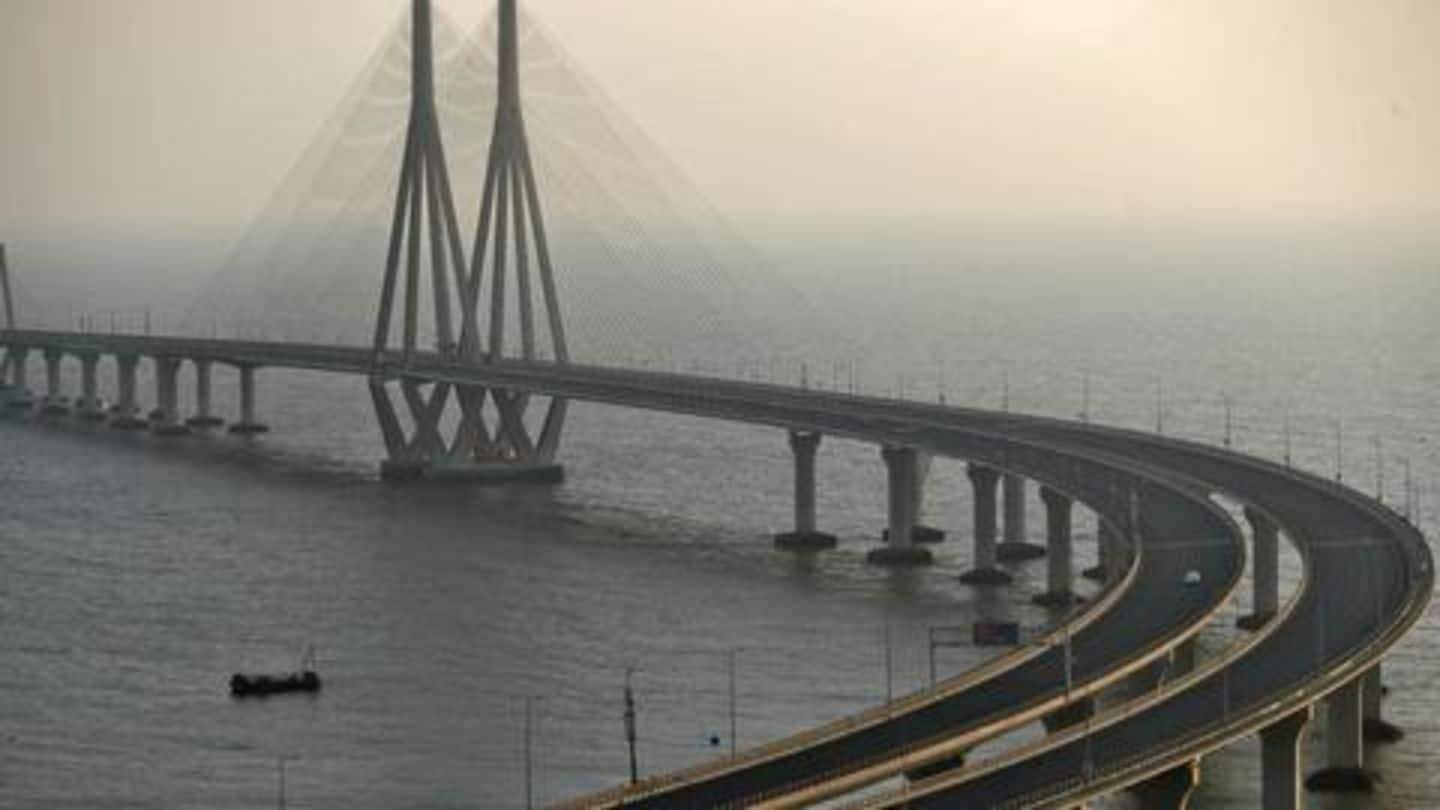
The long haul: Indian cities go under lockdown, courtesy coronavirus
What's the story
To contain the spread of coronavirus, several Indian cities finally took a cue from what is happening in other countries — a lockdown. Cities like Mumbai, Delhi, Chennai, and Bengaluru, will remain shut till March 31, and so will places in West Bengal, Kerala, Uttar Pradesh, Madhya Pradesh, etc., where coronavirus cases have been reported. On Sunday, India observed a Janata curfew.
Context
Close to 400 people are infected in India, seven died
After reporting a fewer number of COVID-19 positive cases earlier this month, the number of cases surged across India, more so on Sunday. The national tally stands at 396 and seven people have died. Last week, Prime Minister Narendra Modi urged Indians to stay indoors on March 22 between 7 am and 9 pm. The country responded, and in evening clapped to appreciate those fighting the battle on the frontline.
Decision
A couple of hours won't change anything, hence, sweeping restrictions
Understanding that the 14-hour-long voluntary curfew is clearly not enough to tackle the spread, Indian states brought out the iron rod. The states that have decided to put brakes on lives include, Maharashtra, Kerala, Delhi, Gujarat, Uttar Pradesh, Haryana, Karnataka, Telangana, Rajasthan, Andhra Pradesh, Tamil Nadu, Punjab, Jammu and Kashmir, Ladakh, West Bengal, Jharkhand, Chhattisgarh, Himachal Pradesh, Madhya Pradesh, Odisha, Puducherry, and Uttarakhand.
Cities
Lockdown dates differ, but the idea is the same
To note, the lockdown in West Bengal will last till March 27 and UP Chief Minister Yogi Adityanath has shut 16 districts till March 25. Bihar, Delhi, Chhattisgarh, will remain under lockdown till March 31. Yesterday, Delhi CM Arvind Kejriwal said extraordinary situations call for extraordinary measures, as he announced that shops, markets, and establishments will remain shut. Meanwhile, only essential services will function.
Suspension
In unprecedented step, Indian Railways shut services
Trains, inter-state buses, and metros have been suspended across the country. For the first time in 46 years, Indian Railways suspended its 13,523 passenger services, including suburban operations. The last time the sprawling network was brought to a halt was in 1974 when late George Fernandes led a 20-day strike. Mumbai local trains will also remain suspended till March 31.
Delhi
DTC buses will ferry passengers, but with some restrictions
Kejriwal said that only 25% of DTC buses will run on the streets, to aid those working in essential services. He also said no domestic flights will land in the National Capital but the Centre later overruled this decision. As part of lockdown, grocery shops and pharmacies will work, but others won't. Across India, most of the malls, restaurants, and bars have been shut.
Vehicles
Vehicles, dealing with essential services, will be seen on roads
During the lockdown, no cabs, taxis, or auto-rickshaws will be seen on the roads in Delhi. Only the vehicles dealing with services like police, health, fire, electricity, water, and prison, have been exempted. After a consensus between Centre and states, it was decided that 75 districts will be put under lockdown, but late on Sunday, more states joined the bandwagon, swelling the numbers.
Maharashtra
Section 144 of CrPC imposed in Maharashtra's parts
On orders of Maharashtra Chief Minister Uddhav Thackeray, state transport and private buses have been suspended. However, bus services within cities will work to ferry those involved in essential services. He also said that government offices will operate with 5% of their total strength. Separately, Section 144 of CrPC will be imposed in several parts of Maharashtra till March 31.
Other states
Lockdown imposed in Bihar, Northeastern states follow too
While Punjab has been put under lockdown, in neighboring Himachal Pradesh and Haryana, districts from where COVID-19 cases were reported were put under curbs. Nine districts of Karnataka and five districts of Odisha came under lockdown. Bihar, where one person died, was locked down. Northeastern states like Arunachal Pradesh, Nagaland, and Mizoram also imposed restrictions. They have been COVID-19 free till now.
Break the chain
Staying indoors is the only way to break the chain
While announcing the restrictions, leaders noted that people will suffer but said it's necessary to break the chain of transmission, There will be no dearth of food, medicines, and fuel in this period, they promised. Yesterday's Janata curfew was in every way just a drill as India prepares itself for a long battle. PM Modi also said citizens shouldn't break into celebrations, just yet.